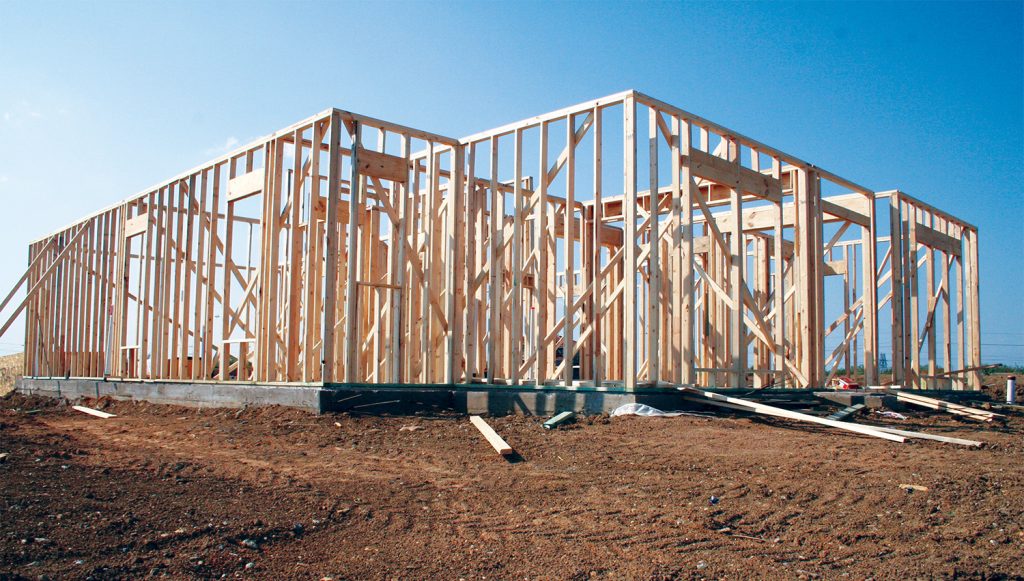
Co-op members building their “forever” homes enjoy choosing new home options — from flooring to cabinets to paint colors. Those members can also work with their local electric cooperative to build a Power Moves® Home. Houses built to the Power Moves Home standard are on average at least 20% more energy efficient than a traditional home. A Power Moves Home includes a few choices you might not otherwise consider when building a new home.
Behind the Walls
Most things cost more today than they have in the past, though not all prices increase at the same rate. The cost of premium, thicker wall assemblies might make more sense compared to how expensive standard two-by-four walls have become. Have your contractor look into deeper walls that can hold more insulation. Alternative wall systems such as insulated concrete forms (ICFs) or structural insulated panels (SIPs) are worth considering. Either wall system can speed up the construction process by eliminating the additional step of adding insulation to a framed-on-site wall. And time can be money.
A Solid Foundation
You might not choose to use insulated concrete forms for your home’s walls, but if any concrete is being poured for basement or crawl space walls, using traditional concrete forms is a poor (or “pour”) choice compared to using ICFs for foundation walls. Combining the forming process with adding insulation to both the inside and outside of the foundation walls helps speed up the construction process by eliminating the need of removing forms once the concrete has cured. It also eliminates the need of installing more insulation once the forms are removed.
Heating and Cooling Costs
Thanks to software used by Home Energy Rating System (HERS) raters, you can choose how much you want to pay to heat and cool your home by considering different HVAC systems at different efficiency levels. Families building a Power Moves Home will know their new home’s heating and cooling costs up front – and receive a one-year heating and cooling cost guarantee from the program!
If you want to build a Power Moves Home, contact your local electric cooperative. Your electric co-op’s energy advisor will work with your homebuilder to start the process. You also can visit PowerMoves.com for program details.
Building a new home? Be sure to contact your electric co-op to start service to the home.
You can also work with your co-op to limit the amount of electricity needed – and get money to do it.



